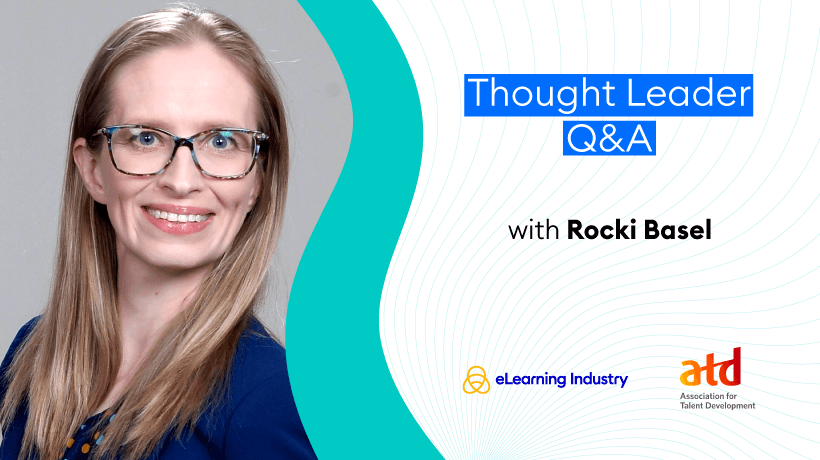Exploring Certifications For Talent Development Professionals
Keeping up with the latest trends and methodologies, building vital skills, and gaining new career prospects are just a few reasons why talent development professionals consider certifications. In the fifth episode of eLearning Unscripted, which features Morgean Hirt, we take a closer look at TD certifications and ATD's Talent Development Capability Model.
Why TD Pros Should Get Certified
ATD Talent Development certifications have eligibility requirements, including work experience and qualifying professional development. There's also an exam that tests key areas, ranging from communication and project management to cultural awareness, and a recertification every three years. As such, certificate holders have shown that they have the foundational knowledge and skills they need to implement talent development strategies that help organizations achieve success.
About This Podcast
Here's a sneak preview of what you'll hear about in this podcast with Morgean Hirt From ATD:
- The most common misconception about TD certifications and the most overlooked benefits of earning one.
- Why it's so essential to uphold competency standards for talent development professionals.
- ATD's Talent Development Capability Model and the key steps involved.
- Topics that are covered in the Certified Professional in Talent Development (CPTD) program and who it's ideal for.
Listen To This Episode
Tune into eLearning Unscripted: Talent Development Certifications With Morgean Hirt to delve into ATD's Talent Development Capability Model and uncover the truth behind common certification myths.
You can also check out the ATD Certification Institute to learn more about which certification is right for you and how you can apply. There's even a side-by-side comparison of the APTD and CPTD programs so that you can determine which path is best for you. For example, the APTD focuses more on knowledge statements and the fundamental understanding of talent development's scope, while the CPTD centers on organizational impact and strategies.







